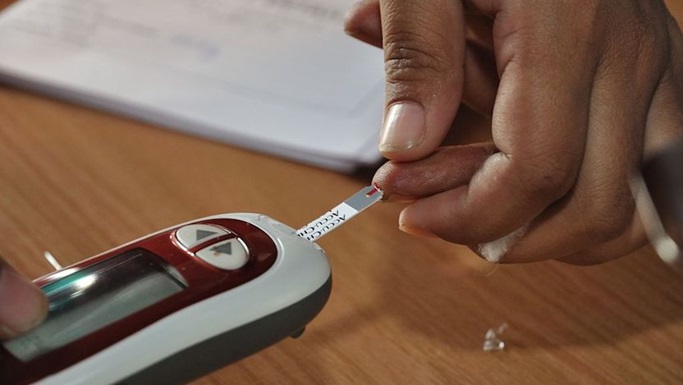Low blood sugar: Symptoms, causes and first aid tips
Hypoglycemia, commonly referred to as low blood sugar, is a condition that can catch many of us off guard.
- Shakiness – A trembling sensation that’s hard to control.
- Sweating – Unexpected, excessive sweating without physical exertion.
- Hunger – A sudden, intense hunger, even if you’ve recently eaten.
- Mood changes – Irritability or anxiousness without a clear cause.
- Confusion – Difficulty in thinking clearly or making decisions.
- Dizziness – Feeling lightheaded or unsteady, as if you might faint.
- Weakness – A general feeling of physical weakness or fatigue.
- Heart palpitations – An unusually fast or irregular heartbeat.
- Vision problems – Blurred vision or temporary vision abnormalities.
- Seizures – In severe cases, hypoglycemia can lead to seizures.
It’s crucial to recognize these symptoms early to manage the condition promptly and prevent more severe complications.
- Medications: The most frequent cause, especially in people with diabetes, is the side effect of diabetes medications, which can lower blood sugar levels too much.
- Skipping meals: Missing or delaying meals can cause blood sugar levels to drop, particularly in individuals taking insulin or other blood sugar-lowering medications.
- Excessive alcohol consumption: Drinking alcohol, especially on an empty stomach, can interfere with the liver’s ability to release glucose into the bloodstream.
- Overexertion: Engaging in prolonged or intense physical activity without eating enough can deplete sugar stores in the body, leading to hypoglycemia.
- Insulin resistance: In people with insulin resistance, the body might release excess insulin after eating, leading to a drop in blood sugar levels.
- Medical conditions: Certain conditions, like hepatitis, kidney disorders, or hormonal deficiencies, can affect the body’s ability to manage glucose levels.
- Surgical aftereffects: Some types of gastric surgery can lead to rapid glucose absorption after eating, causing hypoglycemia.
So, what should you do if you or someone around you starts showing these symptoms? The first step is to confirm if it’s indeed hypoglycemia.
If you have a blood glucose meter, use it. A reading below 70 mg/dL is a clear indicator. If a meter isn’t available, it’s safer to assume it is low blood sugar and act accordingly.
Now, onto the action plan. The rule of thumb is the “15-15 Rule.” Consume 15 grams of fast-acting carbohydrates. Think glucose tablets, a tablespoon of sugar, or honey. Even a half cup of regular soda or fruit juice can do the trick.
After 15 minutes, recheck your blood sugar levels. If it’s still low, repeat the process. Once your sugar levels stabilize, grab a more substantial snack or meal to prevent another drop.
If symptoms persist after two rounds of treatment, it’s time to seek medical assistance. Persistent hypoglycemia can lead to loss of consciousness, necessitating immediate medical intervention.



